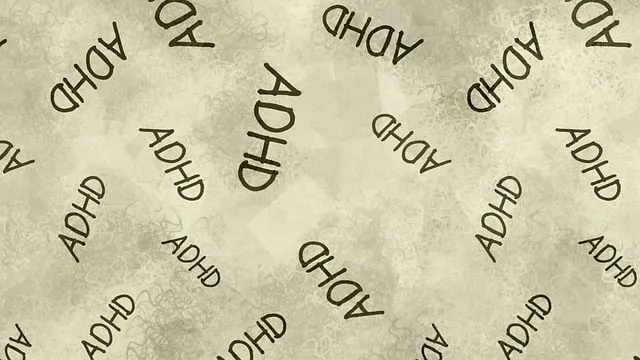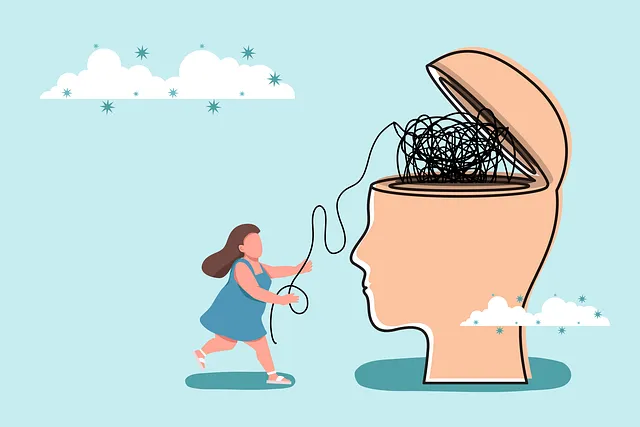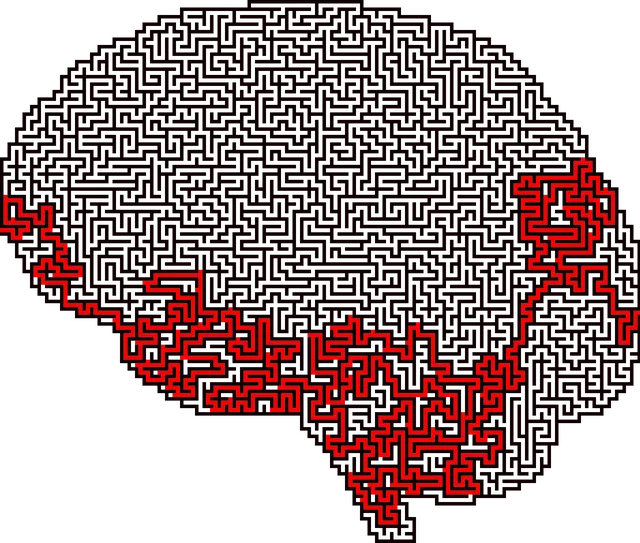In Arvada, Kaiser mental health classes play a pivotal role in fighting mental illness stigma through comprehensive education, mindfulness practices, and open dialogue. These programs, along with burnout prevention strategies and wellness coaching, aim to normalize conversations about mental health, reduce barriers to care, and foster understanding, ultimately improving access to services for those living with mental illness.
Mental illness stigma remains a significant barrier to individuals seeking help. This article explores various efforts aimed at reducing this societal burden, focusing on the role of education and community engagement. We delve into the impact of programs like Kaiser Mental Health Classes in Arvada, which provide essential resources and support. Additionally, we discuss long-term strategies emphasizing community involvement for sustainable change, ultimately fostering a more inclusive environment where mental well-being is prioritized.
- Understanding Stigma: Barriers to Seeking Help
- Kaiser Mental Health Classes: A Step Towards Reduction
- Community Engagement and Education: Long-Term Strategies for Change
Understanding Stigma: Barriers to Seeking Help

Stigma surrounding mental illness often acts as a significant barrier to individuals seeking much-needed help and support. Many people struggling with their mental health avoid reaching out for assistance due to the fear of judgment, discrimination, or being mislabeled. This internalized stigma can stem from societal norms, media portrayal, or personal experiences, leading to a delay in treatment and potential exacerbation of symptoms. Understanding these barriers is crucial in efforts to reduce stigma and encourage open conversations about mental wellness.
In communities like Arvada, where access to resources such as Kaiser mental health classes is available, raising awareness about the benefits of seeking support is essential. Burnout Prevention Strategies for Healthcare Providers and Mental Wellness Coaching Programs Development can play a pivotal role in fostering an empathetic environment. By incorporating Empathy Building Strategies, these initiatives aim to educate individuals on the complexities of mental illness, dispel myths, and promote understanding, ultimately reducing the barriers that prevent people from taking the first step towards recovery.
Kaiser Mental Health Classes: A Step Towards Reduction

The Kaiser Mental Health Classes in Arvada represent a significant step forward in the ongoing battle against mental illness stigma. These classes, designed with a focus on mental health education programs, empower individuals to understand and manage their mental well-being more effectively. Through interactive sessions that incorporate mindfulness meditation techniques, participants gain valuable tools to navigate stress, anxiety, and other common mental health challenges. By fostering open dialogue and sharing personal experiences, these classes break down barriers and promote a culture of acceptance and support for those living with mental illness.
The curriculum, meticulously crafted by experts in the field, includes mental wellness journaling exercises that encourage self-reflection and emotional awareness. This holistic approach not only enhances mental health education but also provides participants with a sense of agency over their own mental wellness. The Kaiser Mental Health Classes in Arvada serve as a beacon of hope and change, signaling a shift towards destigmatizing mental illness and fostering inclusive communities that support overall mental well-being.
Community Engagement and Education: Long-Term Strategies for Change

Community engagement and education play a pivotal role in long-term strategies to reduce the stigma surrounding mental illness. Programs like those offered by Kaiser Mental Health Classes in Arvada focus on fostering open dialogue, providing accurate information, and promoting empathy. These initiatives aim to dispel misconceptions and normalize conversations about mental health within communities. By engaging local residents, schools, and organizations, they empower individuals to recognize signs of distress, offer support, and seek help without fear of judgment.
One effective approach is teaching Stress Reduction Methods and Depression Prevention strategies tailored for different age groups and demographics. Communication Strategies are also integral, encouraging active listening, empathetic responses, and respectful interactions. These educational efforts create a supportive environment where individuals feel more comfortable discussing their mental health challenges openly, leading to improved access to care and ultimately reducing the stigma that has long surrounded these issues.
Mental illness stigma reduction is a multifaceted endeavor. While initiatives like Kaiser mental health classes in Arvada offer immediate relief and support, sustainable change demands community engagement and education on a larger scale. By breaking down barriers to seeking help and fostering an environment of understanding, we can ensure that those struggling with mental health issues receive the care they need without fear of judgment. Through continued efforts and collective action, we can create a more inclusive society where everyone has access to mental well-being resources.






